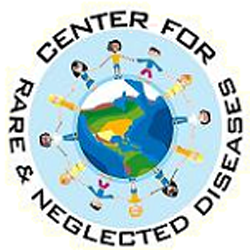
Dr. Meg Philips
University of Texas Southwestern Medicial Center
Malaria remains a significant global health challenge and despite effective drugs and insect control programs, it still kills up to 630,000 people each year, with the majority being children under 5 years old living in sub-Saharan Africa. Drug therapy provides the most effective option both for treatment and prevention of malaria but the propensity of the parasite to develop drug resistance has hindered efforts to control the disease and the effectiveness of currently used artemisinin-based combination therapies (ACTs) are at risk due to emerging resistance in the field. In order to meet these challenges new drug development is central to malaria control efforts. Our group has been exploring the essential pyrimidine biosynthetic enzyme dihydroorotate dehydrogenase (DHODH) as a new target for the development of anti-malarial agents. We identified a series of compounds from the triazolopyrimidine structural class that are potent inhibitors of Plasmodium falciparum DHODH, that have both blood and liver stage activity against the parasite. The series was optimized using an X-ray structure-guided medicinal chemistry program leading to the identification of several potent DHODH inhibitors with good oral bioavailability, sustained plasma exposure and in vivo efficacy in the SCID mouse P. falciparum model. Preclinical development of one of these analogs, DSM265, led to its advancement to Phase I human exploratory studies, where excellent safety has been observed. DSM265 fits a unique niche in the current worldwide antimalarial portfolio. It is the only slow-kill compound currently in clinical development to have both blood and liver stage activity and a sufficiently long human half-life to support either a single dose treatment or 1x weekly prophylaxis.
This lecture is sponsored by the Center for Rare and Neglected Diseases.